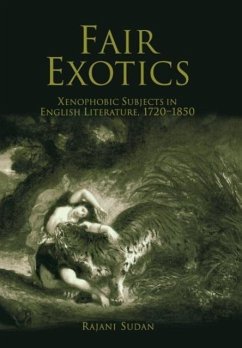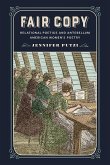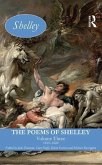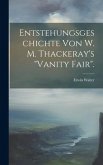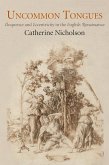Fair Exotics Xenophobic Subjects in English Literature, 1720-1850 Rajani Sudan "Offers impressive close readings which suggest how literary texts may help to shape dominant national ideologies."--Times Litterary Supplement "Rajani Sudan brilliantly unmasks the xenophobia lurking at the heart of British imperialist culture. Sudan's investigation is original in its attention to how xenophobia, the fear of the foreign, and xenodochy, the entertainment and attempted incorporation of the foreign, work together dynamically as shifting, historically specific phenomena."--Donna Landry, Wayne State University "An original and elegant work that will make signal contributions to the fields of eighteenth-century studies and Romanticism, and to the study of British nationalism and colonialism."--Adela Pinch, University of Michigan Arguing that the major hallmarks of Romantic literature--inwardness, emphasis on subjectivity, the individual authorship of selves and texts--were forged during the Enlightenment, Rajani Sudan traces the connections between literary sensibility and British encounters with those persons, ideas, and territories that lay uneasily beyond the national border. The urge to colonize and discover embraced both an interest in foreign "fair exotics" and a deeply rooted sense of their otherness. Fair Exotics develops a revisionist reading of the period of the British Enlightenment and Romanticism, an age during which England was most aggressively building its empire. By looking at canonical texts, including Defoe's Robinson Crusoe, Johnson's Dictionary, De Quincey's Confessions of an English Opium Eater, and Bronte's Villette, Sudan shows how the imaginative subject is based on a sense of exoticism created by a pervasive fear of what is foreign. Indeed, as Sudan clarifies, xenophobia is the underpinning not only of nationalism and imperialism but of Romantic subjectivity as well. Rajani Sudan is Associate Professor of English at Southern Methodist University. New Cultural Studies 2002 208 pages 6 x 9 ISBN 978-0-8122-3656-9 Cloth $59.95s £39.00 ISBN 978-0-8122-0376-9 Ebook $59.95s £39.00 World Rights Literature, Cultural Studies Short copy: "An original and elegant work that will make signal contributions to the fields of eighteenth-century studies and Romanticism, and to the study of British nationalism and colonialism."--Adela Pinch, University of Michigan
Hinweis: Dieser Artikel kann nur an eine deutsche Lieferadresse ausgeliefert werden.
Hinweis: Dieser Artikel kann nur an eine deutsche Lieferadresse ausgeliefert werden.

